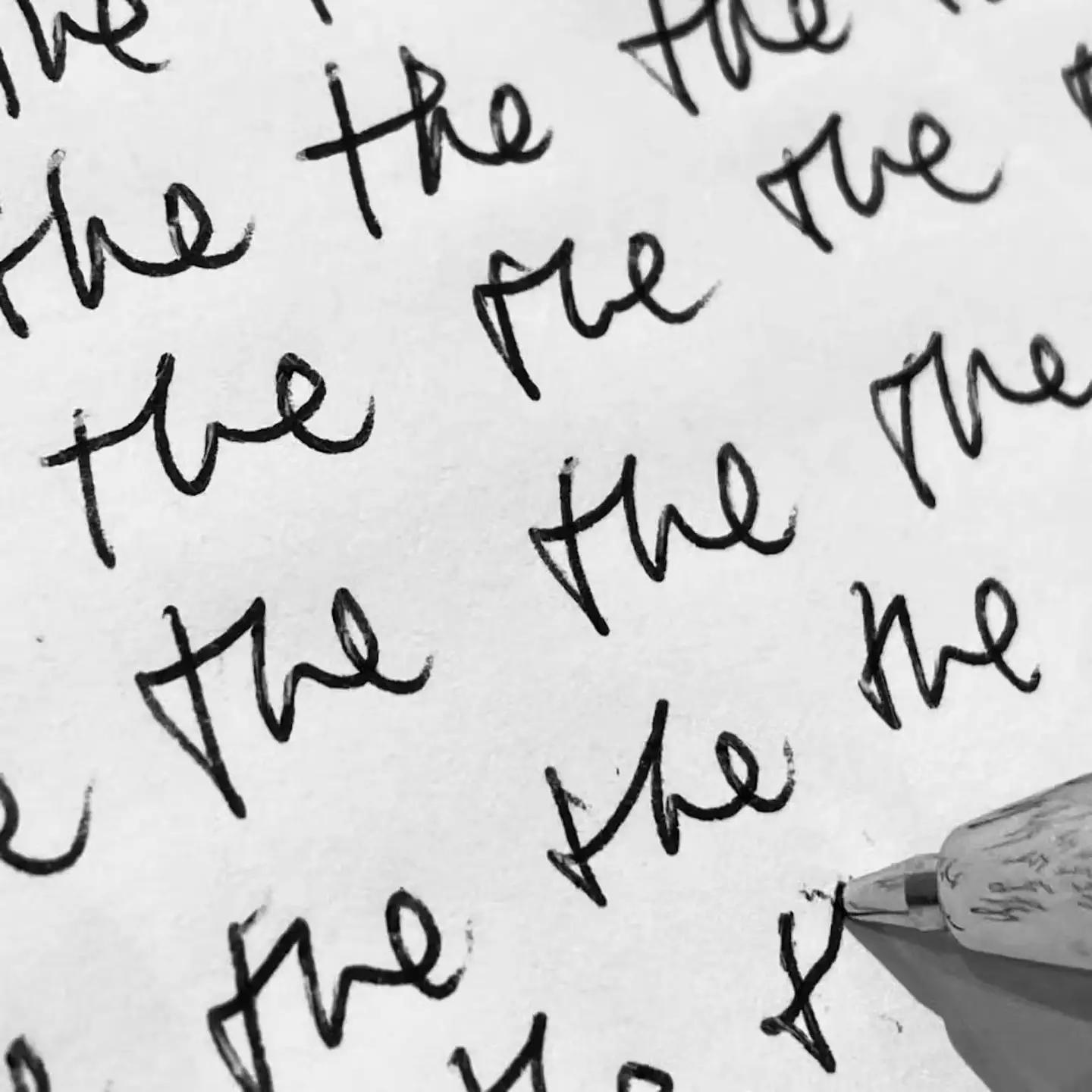
Do you ever feel that you've had déjà vu, where you've been somewhere or met someone before? While that's terrifying enough on its own, that's nothing compared to the feeling of jamais vu. Effectively serving as the opposite of déjà vu, it's where you literally forget.
Feeling like we're having an out-of-body experience or might've been abducted by aliens, jamais vu is the bizarre scientific sensation where we seemingly forget how to do an everyday task.
As reported by The Conversation, Psychology professor Dr Akira O'Connor of the University of St Andrews in Scotland experienced jamais vu while driving on the motorway and had to pull over so he could remember how to use the pedals and steering wheel.
O'Connor and his colleague conducted two experiments to determine the cause of jamais vu. It's apparently a sign that something has become too automatic and has forced you to 'snap out' of it.
Advert

The passage explains that jamais vu is where "something you know to be familiar feels unreal or novel in some way." Saying it's much rarer than déjà vu, one example includes the idea that you write the word 'appetite' correctly in an exam, but look at it until it seems wrong. Musicians might forget a well-known passage of music, or you might feel like you're seeing a familiar scene with 'new eyes'.
In one experiment, 94 undergraduate students had to repeatedly write the same word as quickly as possible. They were 12 words ranging from the common, like door, to the unusual, like sward. Participants were allowed to stop if they got bored or started to feel strange, with around 70% pausing at least once because they felt like they were experiencing jamais vu.
Interestingly, most stopped after about 33 repetitions (around the one-minute mark), and it tended to happen for familiar words.

The second experiment had participants writing the word 'the', which triggered 55% of them to stop after around 27 repetitions as they started to experience jamais vu.
Describing their experiences, responses ranged from "They lose their meaning the more you look at them," to "Seemed to lose control of hand." One simply said: "It doesn’t seem right, almost looks like it’s not really a word but someone’s tricked me into thinking it is."
It took around 15 years for the team to publish their work, but apparently, they weren't the first to coin the idea. Back in 1907, Margaret Floy Washburn published an experiment where she spoke about one of her students showing the "loss of associative power," with O'Connor's team taking the idea much further.
So, next time you find yourself standing in the kitchen and struggling to remember how to use the kettle, you might be experiencing jamais vu.